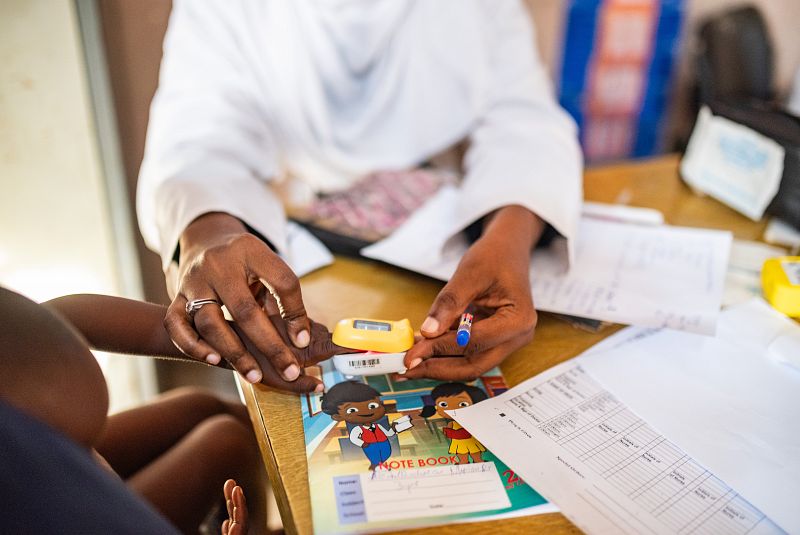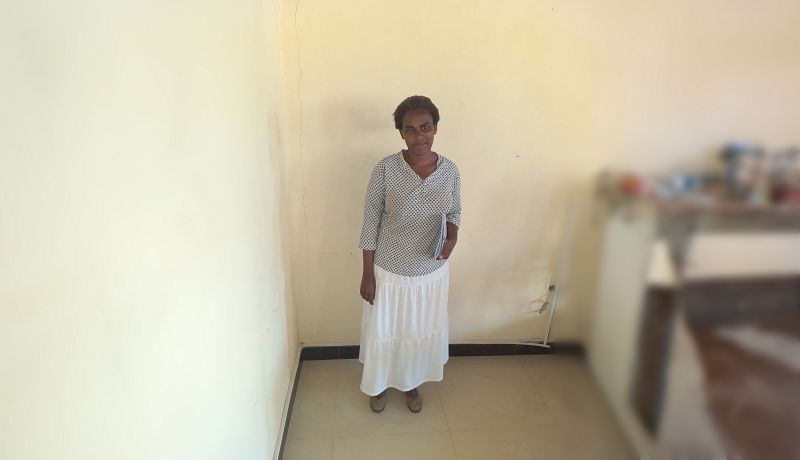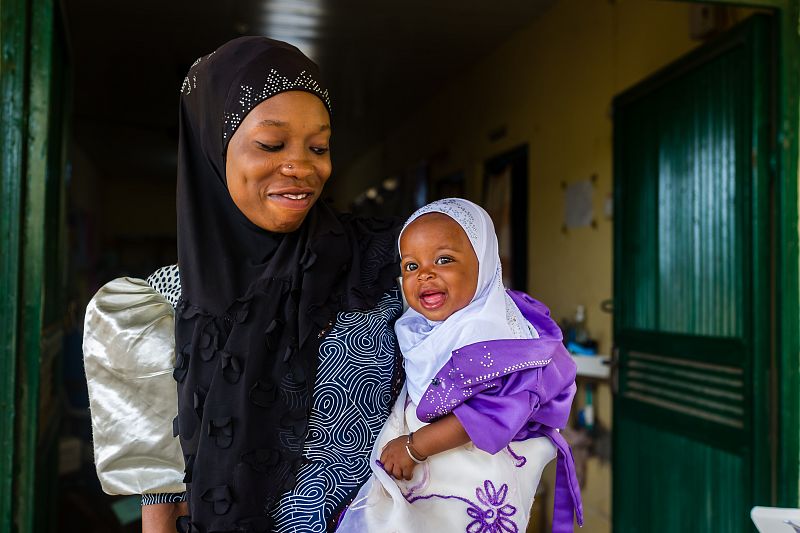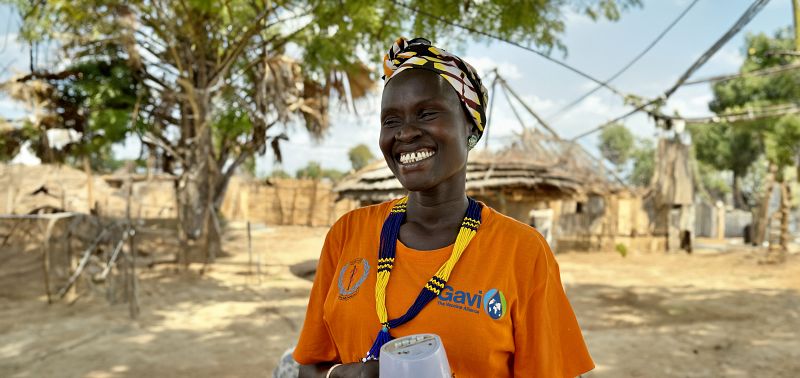Publications
Explore our publications to find useful evidence, lessons and recommendations from our work across Africa and Asia
Type
- Advocacy and positioning
- Advocacy briefs
- Advocacy reports
- Annual reviews
- Brochures
- Capacity statements
- Position statements
- Conference
- Briefing notes
- Posters
- Presentations
- Guidance and toolkits
- Guidance
- Training materials
- Learning
- Case studies
- Infographics
- Insight briefs
- Learning briefs
- Learning papers
- Newsletters
- Research and Technical
- Journal articles
- Project briefs
- Project reports
- Research briefs
- Synopses
- Technical briefs
Keyword
- ASTMH
- Advocacy
- COVID-19
- Capacity development
- Case management
- Case study
- Chemoprevention
- Child survival
- Climate
- Community delivery
- Costing and economic impact evaluation
- Data-informed decision-making
- Diagnosis
- Digital health
- Elimination
- Evidence generation
- Gender
- Genetic modification
- Health financing
- Health system strengthening
- Learning
- Logistics
- MNCH
- Malaria in pregnancy
- Monitoring and evaluation
- PMC
- Philanthropy
- Policy development
- Private sector
- Quality improvement
- Research
- Resistance management
- SBC
- SDGs
- SMC
- Scaled implementation
- Scholarships
- Surveillance
- Treatment
- Universal health coverage
- Urbanisation
- Vaccines
- Vector control
- Webinars
- iCCM
Diseases
Country
Language
Reset all search optionsCurrent search filters (87 results match ALL terms):
South Sudan
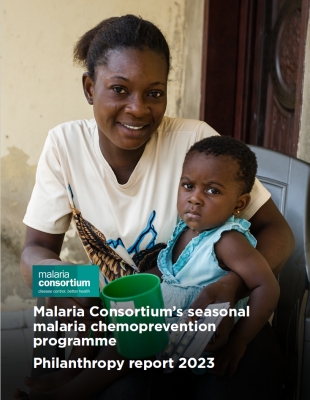 25/04/2024
Project report
25/04/2024
Project report
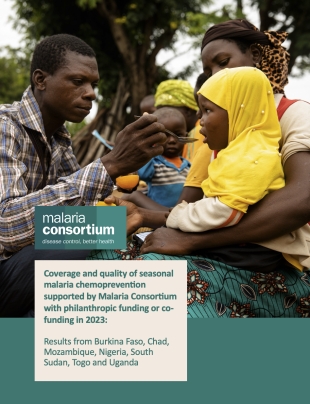 25/04/2024
Project report
25/04/2024
Project report
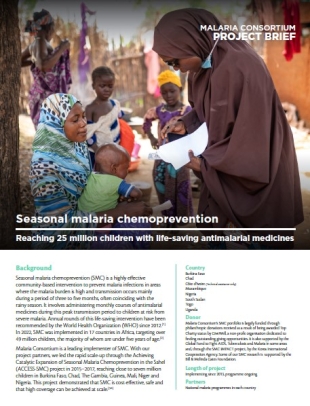 23/04/2024
Project brief
23/04/2024
Project brief
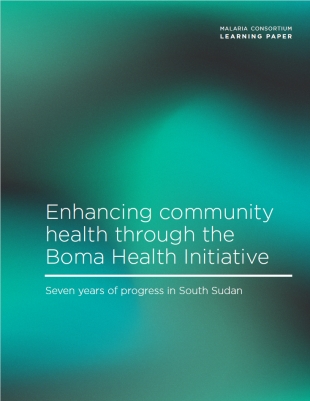 12/04/2024
Learning paper
12/04/2024
Learning paper
 24/01/2024
Journal article
24/01/2024
Journal article
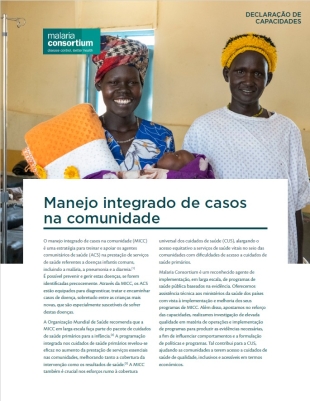 22/01/2024
Capacity statement
22/01/2024
Capacity statement
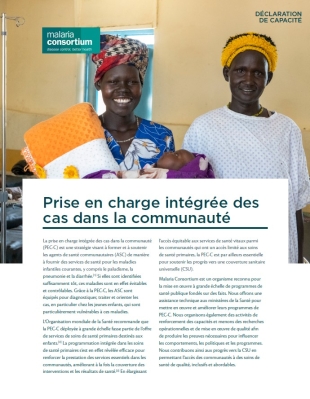 22/01/2024
Capacity statement
22/01/2024
Capacity statement
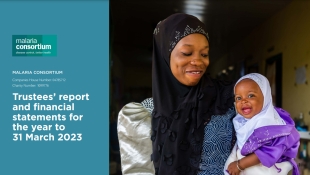 02/01/2024
Annual review
02/01/2024
Annual review
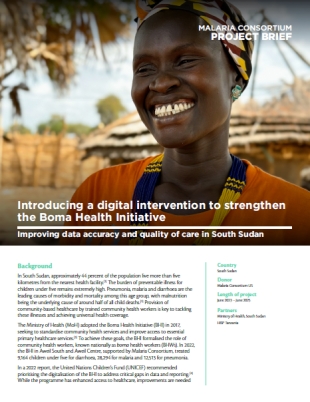 07/12/2023
Project brief
07/12/2023
Project brief
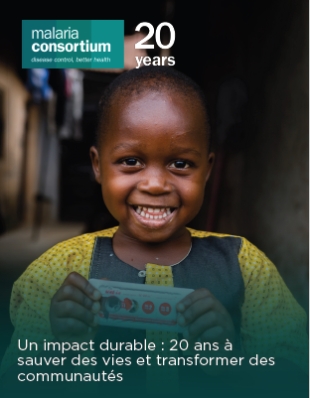 08/11/2023
Annual review
08/11/2023
Annual review
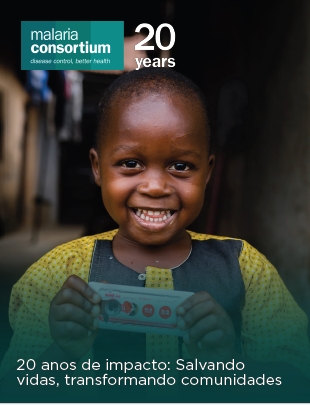 08/11/2023
Annual review
08/11/2023
Annual review
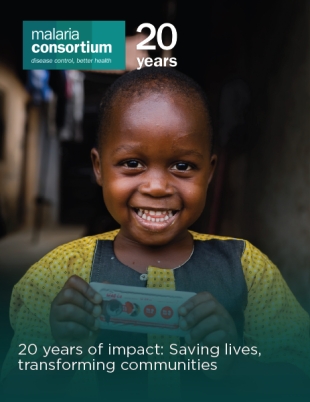 18/10/2023
Annual review
18/10/2023
Annual review
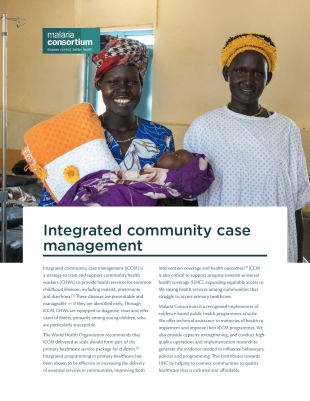 20/09/2023
Capacity statement
20/09/2023
Capacity statement
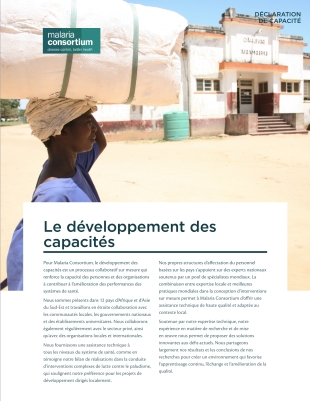 25/08/2023
Capacity statement
25/08/2023
Capacity statement
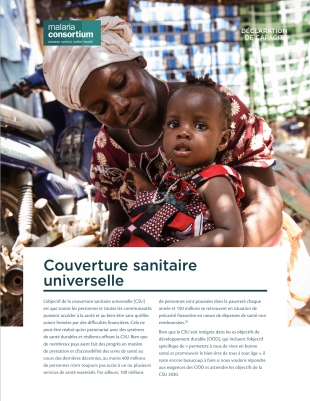 21/08/2023
Capacity statement
21/08/2023
Capacity statement
 21/07/2023
Journal article
21/07/2023
Journal article
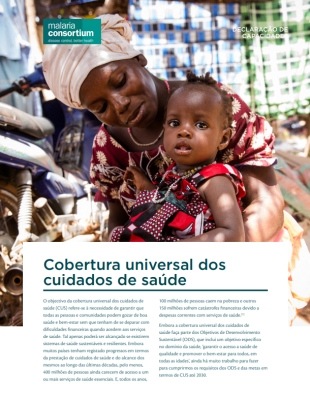 26/05/2023
Capacity statement
26/05/2023
Capacity statement
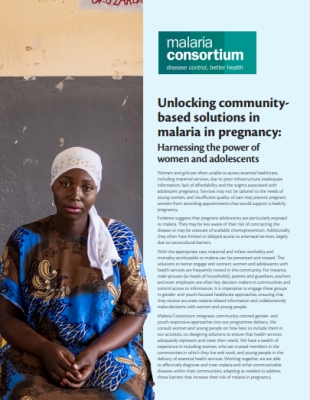 10/05/2023
Brochure
10/05/2023
Brochure
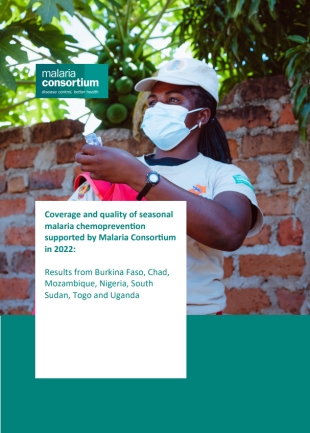 25/04/2023
Project report
25/04/2023
Project report
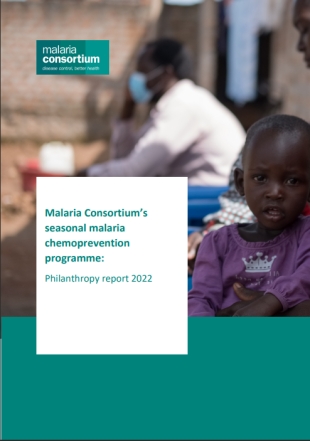 25/04/2023
Project report
25/04/2023
Project report
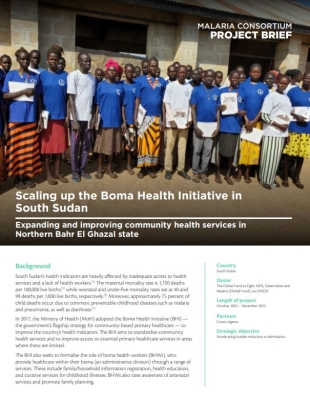 27/03/2023
Project brief
27/03/2023
Project brief
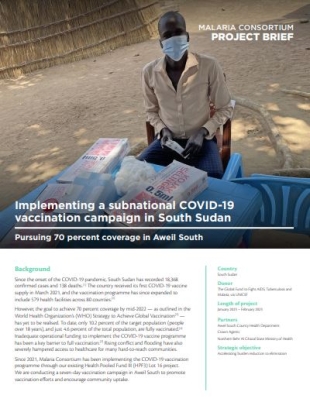 20/03/2023
Project brief
20/03/2023
Project brief
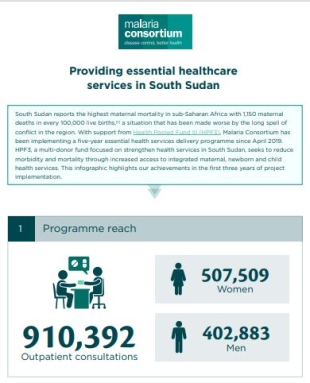 23/02/2023
Infographic
23/02/2023
Infographic
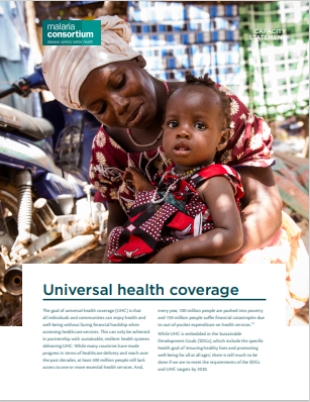 12/12/2022
Capacity statement
12/12/2022
Capacity statement
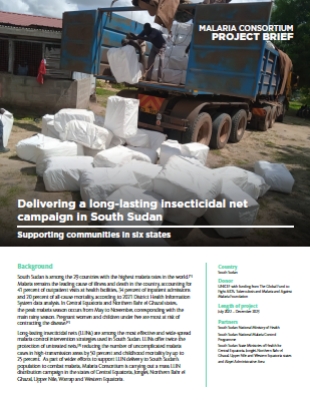 26/10/2022
Project brief
26/10/2022
Project brief
 12/08/2022
Synopsis
12/08/2022
Synopsis
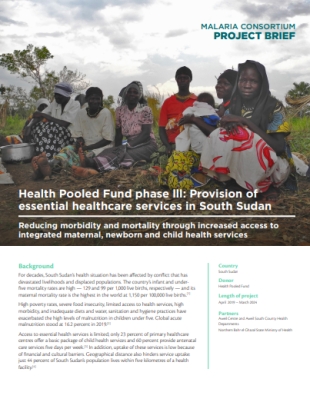 13/07/2022
Project brief
13/07/2022
Project brief
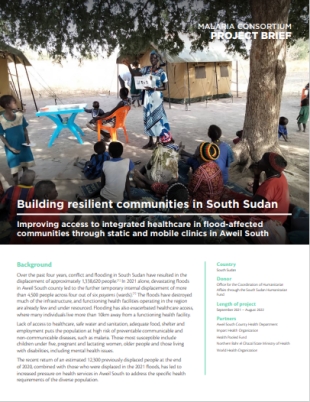 11/03/2022
Project brief
11/03/2022
Project brief
 23/07/2021
Journal article
23/07/2021
Journal article
 13/06/2021
Journal article
13/06/2021
Journal article
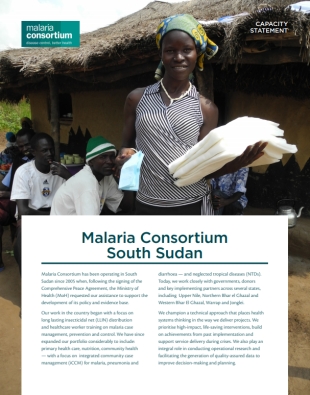 28/05/2021
Capacity statement
28/05/2021
Capacity statement
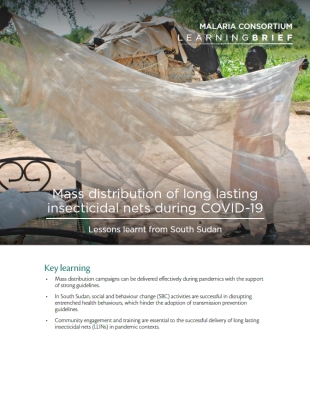 04/03/2021
Learning brief
04/03/2021
Learning brief
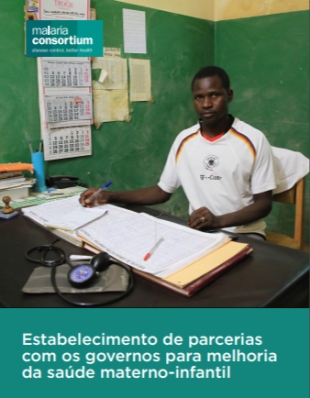 05/03/2020
Brochure
05/03/2020
Brochure
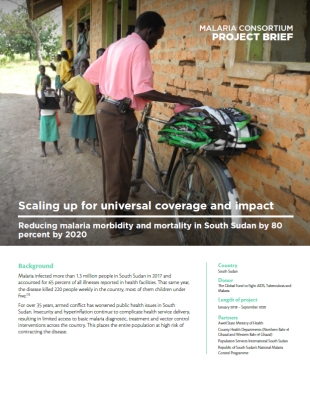 11/02/2020
Project brief
11/02/2020
Project brief
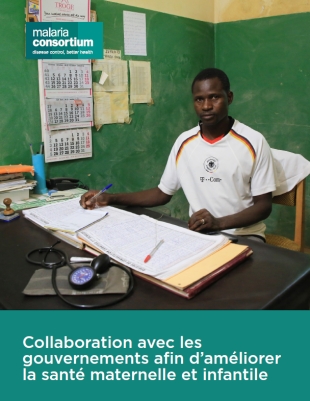 10/02/2020
Brochure
10/02/2020
Brochure
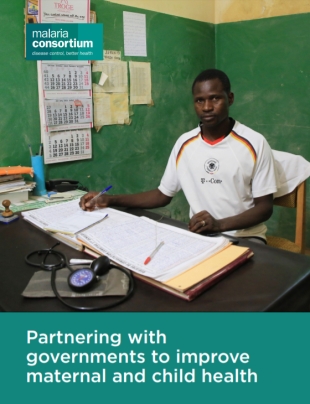 17/12/2019
Brochure
17/12/2019
Brochure
 05/12/2019
Journal article
05/12/2019
Journal article
 07/11/2019
Journal article
07/11/2019
Journal article
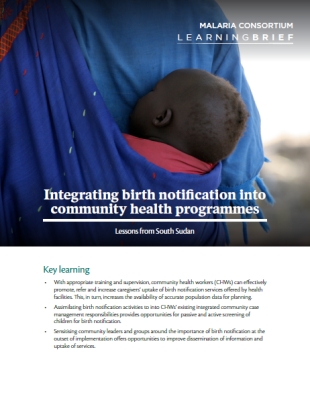 02/09/2019
Learning brief
02/09/2019
Learning brief
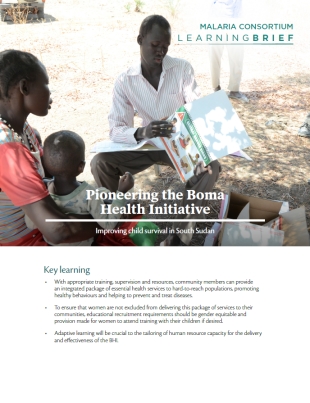 30/08/2019
Learning brief
30/08/2019
Learning brief
 01/07/2019
Journal article
01/07/2019
Journal article
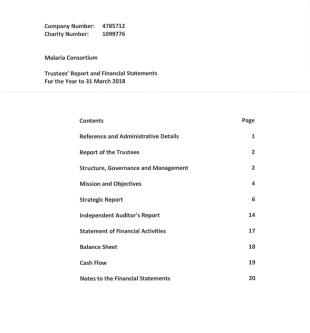 11/12/2018
Annual review
11/12/2018
Annual review
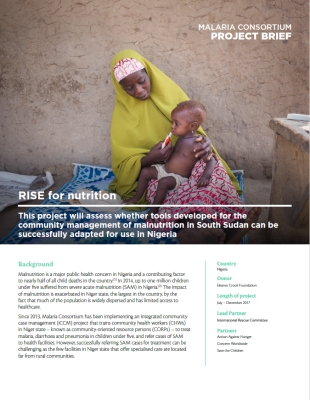 30/10/2018
Project brief
30/10/2018
Project brief
 25/10/2018
Journal article
25/10/2018
Journal article
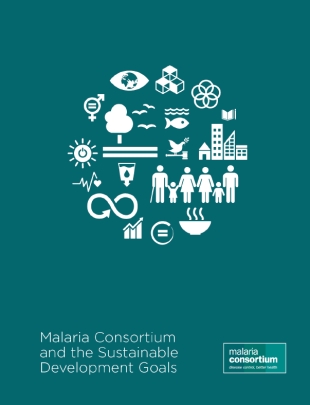 21/09/2018
Advocacy brief
21/09/2018
Advocacy brief
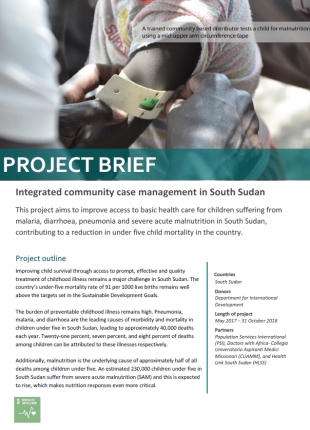 03/05/2018
Project brief
03/05/2018
Project brief
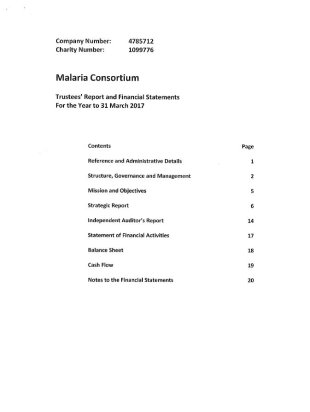 17/10/2017
Annual review
17/10/2017
Annual review
 17/08/2017
Journal article
17/08/2017
Journal article
 06/07/2017
Journal article
06/07/2017
Journal article
 09/05/2017
Journal article
09/05/2017
Journal article
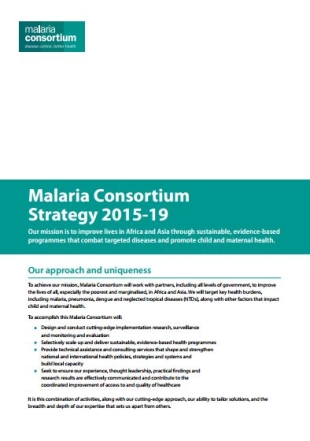 03/02/2017
Annual review
03/02/2017
Annual review
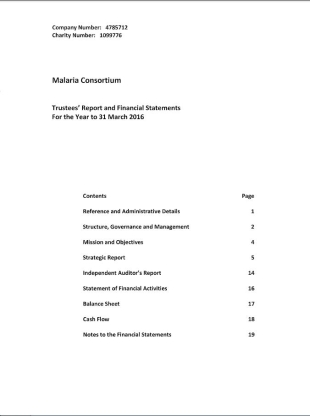 20/11/2016
Annual review
20/11/2016
Annual review
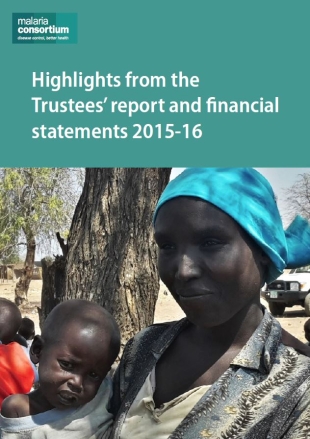 20/11/2016
Annual review
20/11/2016
Annual review
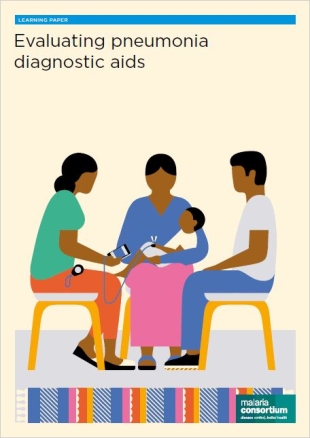 17/11/2016
Learning paper
17/11/2016
Learning paper
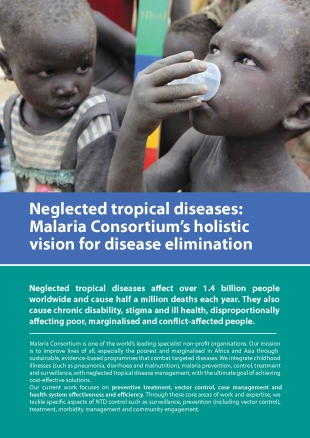 01/11/2016
Technical brief
01/11/2016
Technical brief
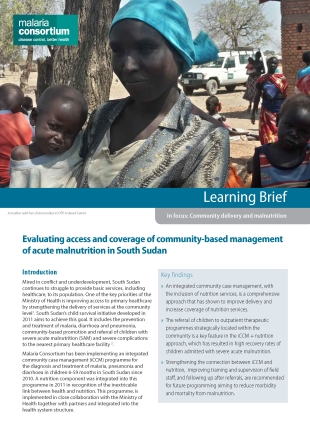 22/07/2016
Learning brief
22/07/2016
Learning brief
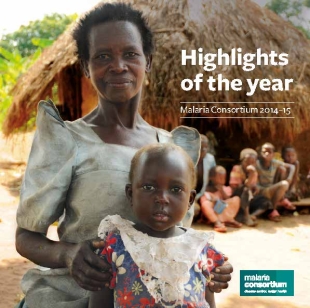 15/12/2015
Annual review
15/12/2015
Annual review
 01/12/2015
Training materials
01/12/2015
Training materials
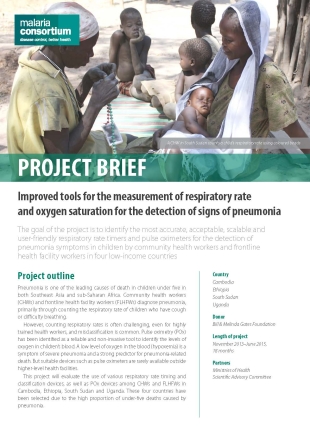 26/10/2015
Project brief
26/10/2015
Project brief
 01/12/2014
Journal article
01/12/2014
Journal article
 11/11/2014
Journal article
11/11/2014
Journal article
 07/07/2014
Journal article
07/07/2014
Journal article
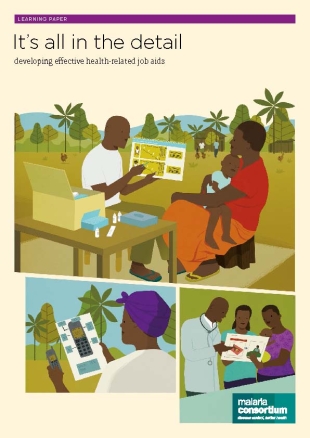 28/02/2014
Learning paper
28/02/2014
Learning paper
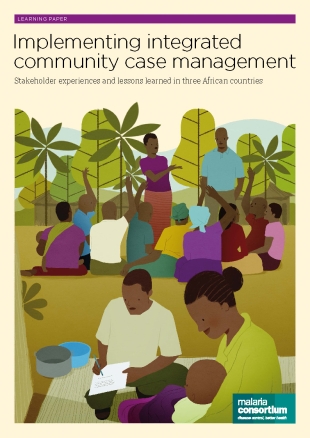 28/02/2014
Learning paper
28/02/2014
Learning paper
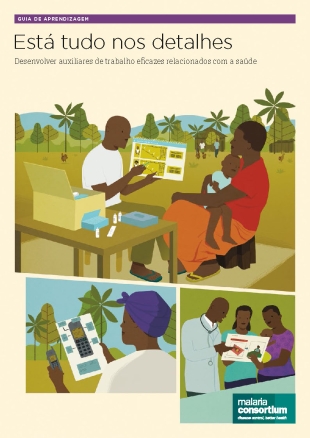 28/02/2014
Learning paper
28/02/2014
Learning paper
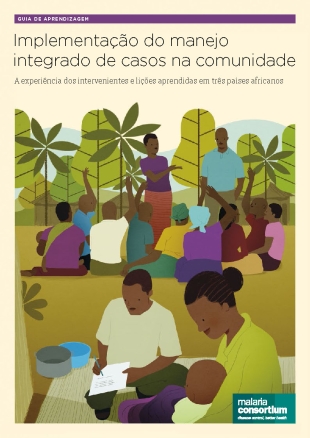 28/02/2014
Learning paper
28/02/2014
Learning paper
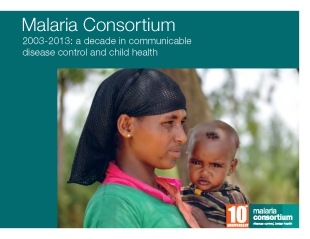 24/02/2014
Annual review
24/02/2014
Annual review
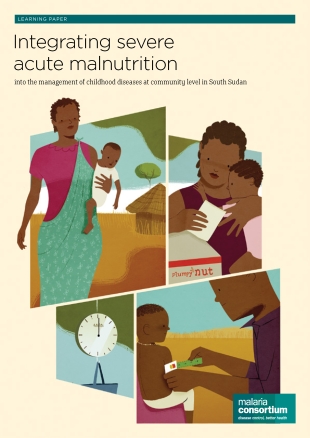 18/11/2013
Learning paper
18/11/2013
Learning paper
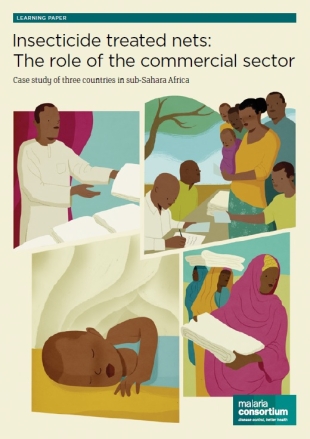 17/10/2013
Learning paper
17/10/2013
Learning paper
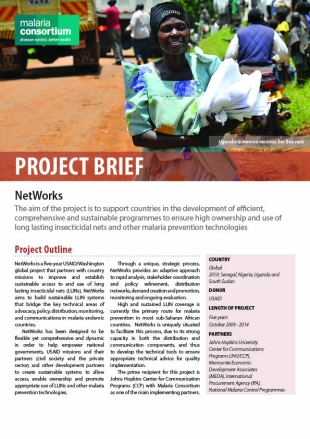 05/09/2013
Project brief
05/09/2013
Project brief
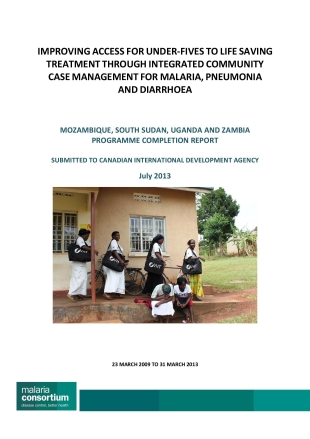 01/07/2013
Project report
01/07/2013
Project report
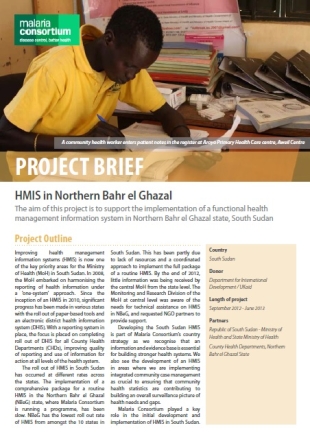 19/06/2013
Project brief
19/06/2013
Project brief
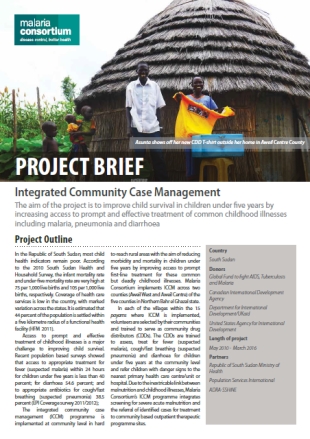 29/05/2013
Project brief
29/05/2013
Project brief
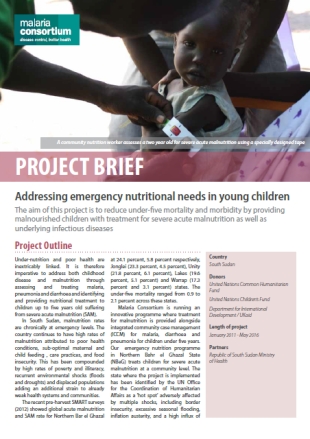 29/05/2013
Project brief
29/05/2013
Project brief
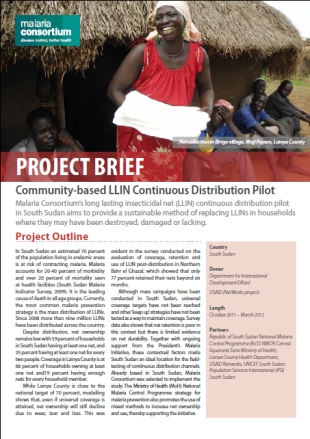 14/02/2013
Project brief
14/02/2013
Project brief
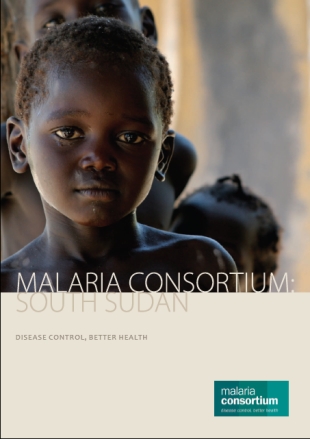 23/01/2013
Brochure
23/01/2013
Brochure
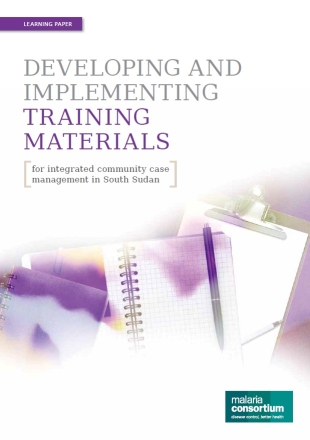 10/01/2013
Learning paper
10/01/2013
Learning paper
 10/04/2012
Journal article
10/04/2012
Journal article
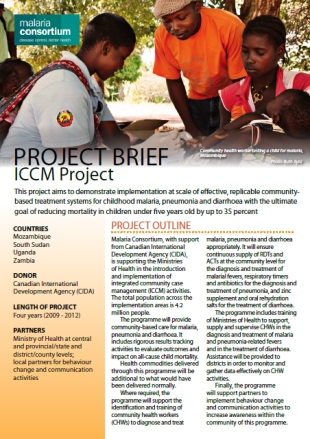 22/03/2012
Project brief
22/03/2012
Project brief
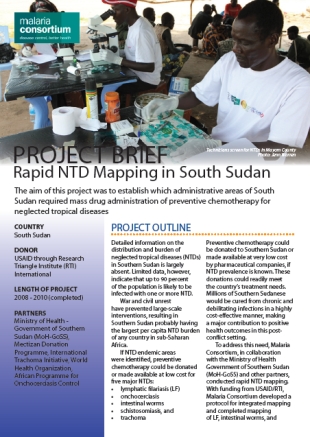 22/03/2012
Project brief
22/03/2012
Project brief
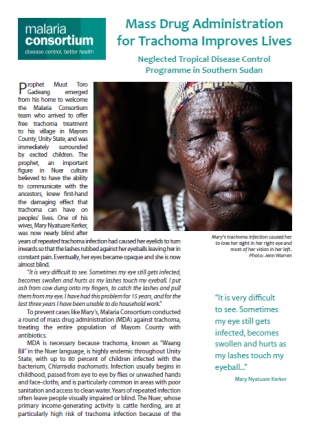 01/12/2011
Case study
01/12/2011
Case study
 11/10/2011
Journal article
11/10/2011
Journal article
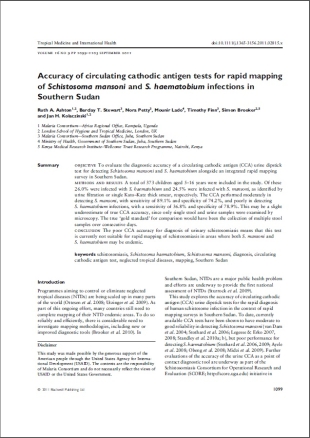 01/09/2011
Journal article
01/09/2011
Journal article
 01/10/2010
Journal article
01/10/2010
Journal article
 17/08/2010
Journal article
17/08/2010
Journal article
 13/07/2010
Journal article
13/07/2010
Journal article
 29/06/2010
Journal article
29/06/2010
Journal article
South Sudan
 25/04/2024
Project report
25/04/2024
Project report
Malaria Consortium’s seasonal malaria chemoprevention programme: Philanthropy report 2023
This report summarises achievements and challenges in areas where Malaria Consortium used philanthropic funding for SMC in 2023. 25/04/2024This report summarises achievements and challenges in areas where Malaria Consortium used philanthropic funding for SMC in 2023.
 25/04/2024
Project report
25/04/2024
Project report
Coverage and quality of seasonal malaria chemoprevention supported by Malaria Consortium in 2023
This report outlines our methods for monitoring coverage of our SMC programme and the quality of its delivery in 2023. 25/04/2024This report outlines our methods for monitoring coverage of our SMC programme and the quality of its delivery in 2023.
 23/04/2024
Project brief
23/04/2024
Project brief
Seasonal malaria chemoprevention
Malaria Consortium is a leading implementer of seasonal malaria chemoprevention (SMC) and carries out pioneering research to strengthen the quality and effectiveness of this life-saving intervention. 23/04/2024Malaria Consortium is a leading implementer of seasonal malaria chemoprevention (SMC) and carries out pioneering research to strengthen the quality and effectiveness of this life-saving intervention.
 12/04/2024
Learning paper
12/04/2024
Learning paper
Enhancing community health through the Boma Health Initiative
Over the last seven years, Malaria Consortium has been supporting the South Sudan government to implement a nationwide community health programme that aims to connect communities to essential health services. 12/04/2024Over the last seven years, Malaria Consortium has been supporting the South Sudan government to implement a nationwide community health programme that aims to connect communities to essential health services.
 24/01/2024
Journal article
24/01/2024
Journal article
A quasi-experimental study to estimate effectiveness of SMC in Aweil South county in Northern Bahr El Ghazal, South Sudan
The results of this study indicate that seasonal malaria chemoprevention (SMC) is effective at reducing the incidence of malaria in under-fives in an area with high seasonal malaria transmission and… 24/01/2024The results of this study indicate that seasonal malaria chemoprevention (SMC) is effective at reducing the incidence of malaria in under-fives in an area with high seasonal malaria transmission and an unknown drug resistance profile.
 22/01/2024
Capacity statement
22/01/2024
Capacity statement
Manejo integrado de casos na comunidade
Malaria Consortium possui ampla experiência no apoio a iniciativas de MICC em África e na Ásia. Implementámos uma série de programas de MICC, trabalhando em parceria com ministérios da saúde… 22/01/2024Malaria Consortium possui ampla experiência no apoio a iniciativas de MICC em África e na Ásia. Implementámos uma série de programas de MICC, trabalhando em parceria com ministérios da saúde com vista a apoiar a sustentabilidade destes serviços.
 22/01/2024
Capacity statement
22/01/2024
Capacity statement
Prise en charge intégrée des cas dans la communauté
Malaria Consortium possède une solide expérience en matière de soutien aux initiatives PEC-C en Afrique et en Asie. Nous avons mis en oeuvre toute une série de programmes PEC-C en… 22/01/2024Malaria Consortium possède une solide expérience en matière de soutien aux initiatives PEC-C en Afrique et en Asie. Nous avons mis en oeuvre toute une série de programmes PEC-C en partenariat avec divers ministères de la Santé.
 02/01/2024
Annual review
02/01/2024
Annual review
Trustee's report and financial statements for the year to 31 March 2023
Malaria Consortium's trustees present their report and the audited financial statements for the year which ended 31 March 2023. 02/01/2024Malaria Consortium's trustees present their report and the audited financial statements for the year which ended 31 March 2023.
 07/12/2023
Project brief
07/12/2023
Project brief
Introducing a digital intervention to strengthen the Boma Health Initiative
A project to digitalise integrated community case management in South Sudan aims to address gaps in reporting and increase data quality, and could also improve child health outcomes. 07/12/2023A project to digitalise integrated community case management in South Sudan aims to address gaps in reporting and increase data quality, and could also improve child health outcomes.
 08/11/2023
Annual review
08/11/2023
Annual review
Un impact durable : 20 ans à sauver des vies et transformer des communautés
À l’occasion du 20e anniversaire du Malaria Consortium, donnons un aperçu de ce que nous avons accompli et de la manière dont nous cherchons à relever les principaux défis qui… 08/11/2023À l’occasion du 20e anniversaire du Malaria Consortium, donnons un aperçu de ce que nous avons accompli et de la manière dont nous cherchons à relever les principaux défis qui restent à relever.
 08/11/2023
Annual review
08/11/2023
Annual review
20 anos de impacto: Salvando vidas, transformando comunidades
Neste 20º aniversário do Malaria Consortium, refletimos sobre a jornada até agora e fornecemos insights sobre o que alcançamos e como procuramos enfrentar os principais desafios que permanecem. 08/11/2023Neste 20º aniversário do Malaria Consortium, refletimos sobre a jornada até agora e fornecemos insights sobre o que alcançamos e como procuramos enfrentar os principais desafios que permanecem.
 18/10/2023
Annual review
18/10/2023
Annual review
20 years of impact: Saving lives, transforming communities
On this, the 20th anniversary of Malaria Consortium, we reflect on the journey so far and provide insights into what we have achieved and how we seek to address the… 18/10/2023On this, the 20th anniversary of Malaria Consortium, we reflect on the journey so far and provide insights into what we have achieved and how we seek to address the key challenges that remain.
 20/09/2023
Capacity statement
20/09/2023
Capacity statement
Integrated community case management
With vast experience in supporting iCCM initiatives across Africa and Asia, Malaria Consortium offers technical assistance to ministries of health to implement and improve their iCCM programmes. 20/09/2023With vast experience in supporting iCCM initiatives across Africa and Asia, Malaria Consortium offers technical assistance to ministries of health to implement and improve their iCCM programmes.
 25/08/2023
Capacity statement
25/08/2023
Capacity statement
Le développement des capacités
Le développement des capacités est un processus collaboratif sur mesure qui renforce la capacité des personnes et des organisations à contribuer à l’amélioration des performances des systèmes de santé. 25/08/2023Le développement des capacités est un processus collaboratif sur mesure qui renforce la capacité des personnes et des organisations à contribuer à l’amélioration des performances des systèmes de santé.
 21/08/2023
Capacity statement
21/08/2023
Capacity statement
Couverture sanitaire universelle
La couverture sanitaire universelle est essentielle pour la conception et la mise en oeuvre de nos programmes. 21/08/2023La couverture sanitaire universelle est essentielle pour la conception et la mise en oeuvre de nos programmes.
 21/07/2023
Journal article
21/07/2023
Journal article
Usability of pulse oximeters used by community health and primary care workers as screening tools for severe illness in children under five in low resource settings
This cross-sectional study explores the usability of pulse-oximeters for community health and primary care workers in Cambodia, Ethiopia, South Sudan and Uganda. 21/07/2023This cross-sectional study explores the usability of pulse-oximeters for community health and primary care workers in Cambodia, Ethiopia, South Sudan and Uganda.
 26/05/2023
Capacity statement
26/05/2023
Capacity statement
Cobertura universal dos cuidados de saúde
A cobertura universal de saúde é fundamental para a conceção e implementação dos nossos programas. 26/05/2023A cobertura universal de saúde é fundamental para a conceção e implementação dos nossos programas.
 10/05/2023
Brochure
10/05/2023
Brochure
Unlocking community-based solutions in malaria in pregnancy: Harnessing the power of women and adolescents
We integrate community-centred gender- and youth-responsive approaches into our programme delivery. 10/05/2023We integrate community-centred gender- and youth-responsive approaches into our programme delivery.
 25/04/2023
Project report
25/04/2023
Project report
Coverage and quality of seasonal malaria chemoprevention supported by Malaria Consortium in 2022
This report outlines our methods for monitoring coverage of our SMC programme and the quality of its delivery in 2022. 25/04/2023This report outlines our methods for monitoring coverage of our SMC programme and the quality of its delivery in 2022.
 25/04/2023
Project report
25/04/2023
Project report
Malaria Consortium’s seasonal malaria chemoprevention programme: Philanthropy report 2022
This report summarises achievements and challenges in areas where Malaria Consortium used philanthropic funding for SMC. 25/04/2023This report summarises achievements and challenges in areas where Malaria Consortium used philanthropic funding for SMC.
 27/03/2023
Project brief
27/03/2023
Project brief
Scaling up the Boma Health Initiative in South Sudan
We are expanding community health services across two counties in Northern Bahr El Ghazal state to prevent and treat common health conditions. 27/03/2023We are expanding community health services across two counties in Northern Bahr El Ghazal state to prevent and treat common health conditions.
 20/03/2023
Project brief
20/03/2023
Project brief
Implementing a subnational COVID-19 vaccination campaign in South Sudan
We are conducting a seven-day vaccination campaign in Aweil South to promote vaccination efforts and encourage community uptake. 20/03/2023We are conducting a seven-day vaccination campaign in Aweil South to promote vaccination efforts and encourage community uptake.
 23/02/2023
Infographic
23/02/2023
Infographic
Providing essential healthcare services in South Sudan
Through HPF3, a multi-donor fund focused on strengthening health services, we have supported increased access to integrated health services. 23/02/2023Through HPF3, a multi-donor fund focused on strengthening health services, we have supported increased access to integrated health services.
 12/12/2022
Capacity statement
12/12/2022
Capacity statement
Universal health coverage
Universal health coverage is fundamental to the design and implementation of our programmes. 12/12/2022Universal health coverage is fundamental to the design and implementation of our programmes.
 26/10/2022
Project brief
26/10/2022
Project brief
Delivering a long-lasting insecticidal net campaign in South Sudan
We are carrying out a mass long-lasting insecticidal net distribution campaign in the states of Central Equatoria, Jonglei, Northern Bahr el Ghazal, Upper Nile, Warrap and Western Equatoria to combat… 26/10/2022We are carrying out a mass long-lasting insecticidal net distribution campaign in the states of Central Equatoria, Jonglei, Northern Bahr el Ghazal, Upper Nile, Warrap and Western Equatoria to combat malaria.
 12/08/2022
Synopsis
12/08/2022
Synopsis
Exploring the use of seasonal malaria chemoprevention in South Sudan
This study seeks to understand the feasibility, acceptability and effectiveness of SMC in South Sudan and explores scalability of SMC in other states. 12/08/2022This study seeks to understand the feasibility, acceptability and effectiveness of SMC in South Sudan and explores scalability of SMC in other states.
 13/07/2022
Project brief
13/07/2022
Project brief
Health Pooled Fund lll: Provision of essential healthcare services in South Sudan
With this project, we aim to reduce morbidity and mortality through increased access to integrated maternal, newborn and child health services. 13/07/2022With this project, we aim to reduce morbidity and mortality through increased access to integrated maternal, newborn and child health services.
 11/03/2022
Project brief
11/03/2022
Project brief
Building resilient communities in South Sudan
We are targeting a combined 32,889 people in flood-affected areas of Aweil South county to close the gap in access to health facilities. 11/03/2022We are targeting a combined 32,889 people in flood-affected areas of Aweil South county to close the gap in access to health facilities.
 23/07/2021
Journal article
23/07/2021
Journal article
Performance of five pulse oximeters to detect hypoxaemia as an indicator of severe illness in children under five by frontline health workers in low-resource settings
In this first trial in Cambodia, Ethiopia, South Sudan and Uganda, researchers wanted to identify the most user-friendly pulse oximeters for frontline health workers. 23/07/2021In this first trial in Cambodia, Ethiopia, South Sudan and Uganda, researchers wanted to identify the most user-friendly pulse oximeters for frontline health workers.
 13/06/2021
Journal article
13/06/2021
Journal article
Evaluating the interrater agreement and acceptability of a new reference tool for assessing respiratory rate in children under five with cough and/or difficulty breathing
A new reference tool which facilitates manual annotation of breaths based on videos was developed to improve diagnosis of suspected cases and appropriate treatment. 13/06/2021A new reference tool which facilitates manual annotation of breaths based on videos was developed to improve diagnosis of suspected cases and appropriate treatment.
 28/05/2021
Capacity statement
28/05/2021
Capacity statement
Malaria Consortium South Sudan
In South Sudan, we collaborate with government and partners to support community-centred, evidence-based interventions that respond to changing conditions. 28/05/2021In South Sudan, we collaborate with government and partners to support community-centred, evidence-based interventions that respond to changing conditions.
 04/03/2021
Learning brief
04/03/2021
Learning brief
Mass distribution of long lasting insecticidal nets during COVID-19
We implemented context-specific adaptions to ensure communities in Warrap state, South Sudan, continued to receive LLINs during the pandemic in 2020. 04/03/2021We implemented context-specific adaptions to ensure communities in Warrap state, South Sudan, continued to receive LLINs during the pandemic in 2020.
 05/03/2020
Brochure
05/03/2020
Brochure
Estabelecimento de parcerias com os governos para melhoria da saúde materno-infantil
Esta brochura apresenta exemplos da assistência técnica que temos prestado a vários governos. 05/03/2020Esta brochura apresenta exemplos da assistência técnica que temos prestado a vários governos.
 11/02/2020
Project brief
11/02/2020
Project brief
Scaling up for universal coverage and impact
The Scaling Up for Universal Coverage and Impact project aims to reduce malaria morbidity and mortality by 80 percent by 2020 in South Sudan. 11/02/2020The Scaling Up for Universal Coverage and Impact project aims to reduce malaria morbidity and mortality by 80 percent by 2020 in South Sudan.
 10/02/2020
Brochure
10/02/2020
Brochure
Collaboration avec les gouvernements afin d’améliorer la santé maternelle et infantile
Cette brochure offre des exemples de l’assistance technique que nous avons fournie à divers gouvernements. 10/02/2020Cette brochure offre des exemples de l’assistance technique que nous avons fournie à divers gouvernements.
 17/12/2019
Brochure
17/12/2019
Brochure
Partnering with governments to improve maternal and child health
This brochure offers examples of the technical assistance we have provided to various governments. 17/12/2019This brochure offers examples of the technical assistance we have provided to various governments.
 05/12/2019
Journal article
05/12/2019
Journal article
More work needs to be done to ensure that better pneumonia diagnostics aids are developed and launched to better support frontline health workers
Malaria Consortium's response to Ansermino et al.'s article 'Are respiratory rate counters really so bad' was published in EClinicalMedicine. 05/12/2019Malaria Consortium's response to Ansermino et al.'s article 'Are respiratory rate counters really so bad' was published in EClinicalMedicine.
 07/11/2019
Journal article
07/11/2019
Journal article
Institutionalisation of integrated community case management into national health systems in low- and middle-income countries: A scoping review of the literature
This article identifies models of, and gaps in, the institutionalisation of integrated community case management into national health systems. 07/11/2019This article identifies models of, and gaps in, the institutionalisation of integrated community case management into national health systems.
 02/09/2019
Learning brief
02/09/2019
Learning brief
Integrating birth notification into community health programmes
Strong community engagement and awareness-raising interventions are needed to improve birth registration and notification rates in South Sudan. 02/09/2019Strong community engagement and awareness-raising interventions are needed to improve birth registration and notification rates in South Sudan.
 30/08/2019
Learning brief
30/08/2019
Learning brief
Pioneering the Boma Health Initiative
In 2016, the government launched its flagship strategy, the Boma Health Initiative, to tackle childhood illnesses and achieve universal health coverage. 30/08/2019In 2016, the government launched its flagship strategy, the Boma Health Initiative, to tackle childhood illnesses and achieve universal health coverage.
 01/07/2019
Journal article
01/07/2019
Journal article
Performance of four respiratory rate counters to support community health workers to detect the symptoms of pneumonia in children in low resource settings
This study analysed the performance of improved respiratory rate timers that are used to detect pneumonia symptoms in low-resource settings. 01/07/2019This study analysed the performance of improved respiratory rate timers that are used to detect pneumonia symptoms in low-resource settings.
 11/12/2018
Annual review
11/12/2018
Annual review
Trustees' report and financial statements for the year to 31 March 2018
Malaria Consortium's Trustees present their report and the audited financial statements for the year which ended 31 March 2018. 11/12/2018Malaria Consortium's Trustees present their report and the audited financial statements for the year which ended 31 March 2018.
 30/10/2018
Project brief
30/10/2018
Project brief
RISE for Nutrition
Malnutrition is a major public health concern in Nigeria and a contributing factor to nearly half of all child deaths in the country. The impact of malnutrition is exacerbated in… 30/10/2018Malnutrition is a major public health concern in Nigeria and a contributing factor to nearly half of all child deaths in the country. The impact of malnutrition is exacerbated in Niger state, the largest in the country, as much of…
 25/10/2018
Journal article
25/10/2018
Journal article
Performance, Acceptability, and Usability of Respiratory Rate Timers and Pulse Oximeters When Used by Frontline Health Workers to Detect Symptoms of Pneumonia in Sub-Saharan Africa and Southeast Asia: Protocol for a Two-Phase, Multisite, Mixed-Methods Trial
BACKGROUND:Pneumonia is one of the leading causes of death in children aged under 5 years in both sub-Saharan Africa and Southeast Asia. The current diagnostic criterion for pneumonia is based… 25/10/2018BACKGROUND:Pneumonia is one of the leading causes of death in children aged under 5 years in both sub-Saharan Africa and Southeast Asia. The current diagnostic criterion for pneumonia is based on the increased respiratory rate (RR) in children with cough…
 21/09/2018
Advocacy brief
21/09/2018
Advocacy brief
Malaria Consortium and the Sustainable Development Goals
This brochure highlights some of the key ways in which Malaria Consortium is contributing to the Sustainable Development Goals and illustrates the importance of using a multifaceted approach to improve… 21/09/2018This brochure highlights some of the key ways in which Malaria Consortium is contributing to the Sustainable Development Goals and illustrates the importance of using a multifaceted approach to improve health outcomes globally.
 03/05/2018
Project brief
03/05/2018
Project brief
Integrated community case management in South Sudan
This project aims to improve access to basic health care for children suffering from malaria, diarrhoea, pneumonia and severe acute malnutrition in South Sudan, contributing to a reduction in under… 03/05/2018This project aims to improve access to basic health care for children suffering from malaria, diarrhoea, pneumonia and severe acute malnutrition in South Sudan, contributing to a reduction in under five child mortality in the country.
 17/10/2017
Annual review
17/10/2017
Annual review
Trustees' report and financial statements for the year to 31 March 2017
Malaria Consortium's Trustees present their report and the audited financial statements for the year which ended 31 March 2017. 17/10/2017Malaria Consortium's Trustees present their report and the audited financial statements for the year which ended 31 March 2017.
 17/08/2017
Journal article
17/08/2017
Journal article
Evaluation of a continuous community-based insecticide-treated nets distribution pilot in Lainya County, South Sudan 2012–2013
Background Continuous distribution of insecticide-treated nets (ITNs) has now been accepted as one way of sustaining ITN universal coverage. Community-based channels offer an interesting means of delivering ITNs to households to… 17/08/2017Background Continuous distribution of insecticide-treated nets (ITNs) has now been accepted as one way of sustaining ITN universal coverage. Community-based channels offer an interesting means of delivering ITNs to households to sustain universal ITN coverage. The objective of this study was…
 06/07/2017
Journal article
06/07/2017
Journal article
Mass drug administration in Central Equatoria, South Sudan: Results and suggestions for future distributions
Background South Sudan has rolled out a neglected tropical disease programme, which envisaged deworming campaigns in states endemic for soil transmitted helminth infections and schistosomiasis. Methods In 2016, two deworming campaigns targeting school-age… 06/07/2017Background South Sudan has rolled out a neglected tropical disease programme, which envisaged deworming campaigns in states endemic for soil transmitted helminth infections and schistosomiasis. Methods In 2016, two deworming campaigns targeting school-age children were performed in Central Equatoria. Distribution sites were set…
 09/05/2017
Journal article
09/05/2017
Journal article
Childhood pneumonia diagnostics: Community health workers’ and national stakeholders’ differing perspectives of new and existing aids
Background Pneumonia heavily contributes to global under-five mortality. Many countries use community case management to detect and treat childhood pneumonia. Community health workers (CHWs) have limited tools to help them assess… 09/05/2017Background Pneumonia heavily contributes to global under-five mortality. Many countries use community case management to detect and treat childhood pneumonia. Community health workers (CHWs) have limited tools to help them assess signs of pneumonia. New respiratory rate (RR) counting devices and…
 03/02/2017
Annual review
03/02/2017
Annual review
Malaria Consortium strategy 2015–2019
To achieve our mission, Malaria Consortium will work with partners — including all levels of government — to improve the lives of all in Africa and Asia, especially the poorest… 03/02/2017To achieve our mission, Malaria Consortium will work with partners — including all levels of government — to improve the lives of all in Africa and Asia, especially the poorest and most marginalised. We will target key health burdens, including…
 20/11/2016
Annual review
20/11/2016
Annual review
Trustees report and financial statements for the year to 31 March 2016
Take a look at Malaria Consortium's trustees report and financial statements for the year that ended 31 March 2016. Also read the highlights from the trustees report and financial statements… 20/11/2016Take a look at Malaria Consortium's trustees report and financial statements for the year that ended 31 March 2016. Also read the highlights from the trustees report and financial statements 2015–2016.
 20/11/2016
Annual review
20/11/2016
Annual review
Highlights from the trustees report and financial statements 2015–2016
During the first operating year of Malaria Consortium’s 2015–2019 strategy, we continued to deliver on our mission to improve lives in Africa and Asia through sustainable, evidence-based programmes that combat… 20/11/2016During the first operating year of Malaria Consortium’s 2015–2019 strategy, we continued to deliver on our mission to improve lives in Africa and Asia through sustainable, evidence-based programmes that combat targeted diseases and promote child and maternal health. This review…
 17/11/2016
Learning paper
17/11/2016
Learning paper
Evaluating pneumonia diagnostic aids
Malaria Consortium’s pneumonia diagnostics project aimed to identify the most accurate, acceptable, scalable and user-friendly respiratory rate timers and pulse oximeters to help community health workers and first-level health facility… 17/11/2016Malaria Consortium’s pneumonia diagnostics project aimed to identify the most accurate, acceptable, scalable and user-friendly respiratory rate timers and pulse oximeters to help community health workers and first-level health facility workers diagnose pneumonia symptoms in children. This learning paper details…
 01/11/2016
Technical brief
01/11/2016
Technical brief
Neglected tropical diseases: A holistic vision for disease elimination
Neglected tropical diseases (NTDs) affect over 1.4 billion people worldwide and cause half a million deaths each year. They also cause chronic disability, stigma and ill health, disproportionally affecting poor… 01/11/2016Neglected tropical diseases (NTDs) affect over 1.4 billion people worldwide and cause half a million deaths each year. They also cause chronic disability, stigma and ill health, disproportionally affecting poor and marginalised people. Malaria Consortium aims to ensure access to…
 22/07/2016
Learning brief
22/07/2016
Learning brief
Evaluating access and coverage of community-based management of acute malnutrition in South Sudan
This learning brief describes how Malaria Consortium is facilitating community-based management of acute malnutrition in children 6–59 months through the integrated community case management structures in Aweil Centre and Aweil… 22/07/2016This learning brief describes how Malaria Consortium is facilitating community-based management of acute malnutrition in children 6–59 months through the integrated community case management structures in Aweil Centre and Aweil West.
 15/12/2015
Annual review
15/12/2015
Annual review
Annual review: Highlights of the year 2014–2015
In 2014–2015, we continued our work to reduce malaria deaths and incidence by helping governments tailor, innovate, adopt and apply interventions best suited to their needs. We also supported the… 15/12/2015In 2014–2015, we continued our work to reduce malaria deaths and incidence by helping governments tailor, innovate, adopt and apply interventions best suited to their needs. We also supported the delivery of integrated community case management programmes, extended our engagement…
 01/12/2015
Training materials
01/12/2015
Training materials
Pneumonia diagnostics: Device selection report
Pneumonia is one of the leading causes of death in children under five, particularly in south Asia and sub-Saharan Africa. Community health workers (CHWs) providing health services in rural and… 01/12/2015Pneumonia is one of the leading causes of death in children under five, particularly in south Asia and sub-Saharan Africa. Community health workers (CHWs) providing health services in rural and hard to reach areas have been trained to diagnose pneumonia…
 26/10/2015
Project brief
26/10/2015
Project brief
Improved tools for the measurement of respiratory rate and oxygen saturation for the detection of signs of pneumonia
This project aims to identify the most accurate, acceptable, scalable and user-friendly respiratory rate timers and pulse oximeters for the detection of pneumonia symptoms in children by community health… 26/10/2015This project aims to identify the most accurate, acceptable, scalable and user-friendly respiratory rate timers and pulse oximeters for the detection of pneumonia symptoms in children by community health workers and frontline health facility workers in four low-income countries.…
 01/12/2014
Journal article
01/12/2014
Journal article
Integrated community case management of malaria, pneumonia and diarrhoea across three African countries: A qualitative study exploring lessons learnt and implications for further scale up
Abstract Numerous studies highlight the effectiveness of an integrated approach for the management of malaria, pneumonia and diarrhoea at the community level. There has however been little study on lessons… 01/12/2014Abstract Numerous studies highlight the effectiveness of an integrated approach for the management of malaria, pneumonia and diarrhoea at the community level. There has however been little study on lessons learnt from implementation in practice and stakeholder experiences which could…
 11/11/2014
Journal article
11/11/2014
Journal article
Multi–country analysis of routine data from integrated community case management (iCCM) programs in sub–Saharan Africa
Aim To identify better performing iCCM programs in sub–Saharan Africa (SSA) and identify factors associated with better performance using routine data. Methods We examined 15 evaluations or studies of integrated community case management… 11/11/2014Aim To identify better performing iCCM programs in sub–Saharan Africa (SSA) and identify factors associated with better performance using routine data. Methods We examined 15 evaluations or studies of integrated community case management (iCCM) programs in SSA conducted between 2008 and 2013 and…
 07/07/2014
Journal article
07/07/2014
Journal article
The use of counting beads to improve the classification of fast breathing in low-resource settings: a multi-country review
This article presents findings on using counting beads and a timer to count a child's respiratory rate in order to improve classification of fast breathing. 07/07/2014This article presents findings on using counting beads and a timer to count a child's respiratory rate in order to improve classification of fast breathing.
 28/02/2014
Learning paper
28/02/2014
Learning paper
It’s all in the detail: developing effective health-related job aids
Malaria Consortium has had extensive experience designing, developing, implementing and evaluating a variety of job aids. An integral part of our work is to strengthen capacity and improve the performance… 28/02/2014Malaria Consortium has had extensive experience designing, developing, implementing and evaluating a variety of job aids. An integral part of our work is to strengthen capacity and improve the performance of health workers to be able to prevent, diagnose, treat…
 28/02/2014
Learning paper
28/02/2014
Learning paper
Implementing integrated community case management: stakeholder experiences and lessons learned in three African countries
Malaria Consortium’s involvement in iCCM has spanned inputs to facilitate policy development, project design, implementation from start-up phase; ongoing support to the public health system in continued implementation; the trial… 28/02/2014Malaria Consortium’s involvement in iCCM has spanned inputs to facilitate policy development, project design, implementation from start-up phase; ongoing support to the public health system in continued implementation; the trial of specific supportive interventions to boost effectiveness; monitoring and evaluation;…
 28/02/2014
Learning paper
28/02/2014
Learning paper
Está tudo nos detalhes
Este guia descreve a experiência interativa e baseada na pesquisa da Malaria Consortium no desenvolvimento, implementação, e avaliação de auxiliares de trabalho para os trabalhadores de saúde baseados na comunidade… 28/02/2014Este guia descreve a experiência interativa e baseada na pesquisa da Malaria Consortium no desenvolvimento, implementação, e avaliação de auxiliares de trabalho para os trabalhadores de saúde baseados na comunidade ou baseados nas unidades sanitárias em Moçambique,Nigéria, Sudão do Sul…
 28/02/2014
Learning paper
28/02/2014
Learning paper
Implementação do manejo integrado de casos na comunidade
O envolvimento da Malaria Consortium no MICC incluiu contribuições facilitadoras do desenvolvimento de políticas, a concepção de projectos e sua implementação desde a fase inicial, o apoio constante ao sistema… 28/02/2014O envolvimento da Malaria Consortium no MICC incluiu contribuições facilitadoras do desenvolvimento de políticas, a concepção de projectos e sua implementação desde a fase inicial, o apoio constante ao sistema de saúde durante a implementação, a experimentação de intervenções específicas…
 24/02/2014
Annual review
24/02/2014
Annual review
Malaria Consortium 2003-2013: a decade in communicable disease control and child health
Malaria Consortium was founded in 2003 by a small team of people with a vision - to build the capacity of malaria-endemic countries worldwide to deal with a common and… 24/02/2014Malaria Consortium was founded in 2003 by a small team of people with a vision - to build the capacity of malaria-endemic countries worldwide to deal with a common and treatable disease that was devastating the lives of poor and…
 18/11/2013
Learning paper
18/11/2013
Learning paper
Integrating severe acute malnutrition into the management of childhood diseases at community level in South Sudan
Since December 2010, Malaria Consortium has been implementing an innovative approach to community management of severe acute malnutrition, together with an existing integrated community case management (ICCM) programme in South… 18/11/2013Since December 2010, Malaria Consortium has been implementing an innovative approach to community management of severe acute malnutrition, together with an existing integrated community case management (ICCM) programme in South Sudan. This learning paper considers Malaria Consortium’s experience of this…
 17/10/2013
Learning paper
17/10/2013
Learning paper
Insecticide treated nets: the role of the commercial sector
This learning paper takes a detailed look at the approaches of direct support to the commercial insecticide treated net (ITN) market that were implemented by Malaria Consortium and its partners… 17/10/2013This learning paper takes a detailed look at the approaches of direct support to the commercial insecticide treated net (ITN) market that were implemented by Malaria Consortium and its partners as part of mixed models of malaria prevention in three…
 05/09/2013
Project brief
05/09/2013
Project brief
NetWorks Project
NetWorks aims to support countries in the development of efficient, comprehensive and sustainable programmes to ensure high ownership and use of long lasting insecticidal nets and other malaria prevention technologies. 05/09/2013NetWorks aims to support countries in the development of efficient, comprehensive and sustainable programmes to ensure high ownership and use of long lasting insecticidal nets and other malaria prevention technologies.
 01/07/2013
Project report
01/07/2013
Project report
Improving access for under-fives to life saving treatment through integrated community case management for malaria, pneumonia and diarrhoea
This is the final project report for the Canadian International Development Agency (CIDA) grant to Malaria Consortium for the project “Improving access for under-fives to life saving treatment through integrated… 01/07/2013This is the final project report for the Canadian International Development Agency (CIDA) grant to Malaria Consortium for the project “Improving access for under-fives to life saving treatment through integrated community case management for malaria, pneumonia and diarrhoea”, which was…
 19/06/2013
Project brief
19/06/2013
Project brief
HMIS in Northern Bahr el Ghazal
This is a project brief describing efforts to support the implementation of a functional health management information system (HMIS) in Northern Bahr el Ghazal state, South Sudan. 19/06/2013This is a project brief describing efforts to support the implementation of a functional health management information system (HMIS) in Northern Bahr el Ghazal state, South Sudan.
 29/05/2013
Project brief
29/05/2013
Project brief
South Sudan: Integrated Community Case Management
This project brief outlines the aim to improve child survival in children under five years by increasing access to prompt and effective treatment of common childhood illnesses including malaria, pneumonia… 29/05/2013This project brief outlines the aim to improve child survival in children under five years by increasing access to prompt and effective treatment of common childhood illnesses including malaria, pneumonia and diarrhoea.
 29/05/2013
Project brief
29/05/2013
Project brief
South Sudan: Addressing emergency nutritional needs in young children
This project brief outlines the aim to reduce under-five mortality and morbidity by providing malnourished children with treatment for severe acute malnutrition as well as underlying infectious diseases. 29/05/2013This project brief outlines the aim to reduce under-five mortality and morbidity by providing malnourished children with treatment for severe acute malnutrition as well as underlying infectious diseases.
 14/02/2013
Project brief
14/02/2013
Project brief
South Sudan: Community-based LLIN Continuous Distribution Pilot
This is a project brief on Malaria Consortium's pilot project to establish a community-based continuous distribution system of long lasting insecticide nets (LLINs) in South Sudan. 14/02/2013This is a project brief on Malaria Consortium's pilot project to establish a community-based continuous distribution system of long lasting insecticide nets (LLINs) in South Sudan.
 23/01/2013
Brochure
23/01/2013
Brochure
South Sudan Brochure
A brief summary of Malaria Consortium's key activities to combat malaria, malnutrition and other diseases in South Sudan. 23/01/2013A brief summary of Malaria Consortium's key activities to combat malaria, malnutrition and other diseases in South Sudan.
 10/01/2013
Learning paper
10/01/2013
Learning paper
Developing and implementing training materials for integrated community case management in South Sudan
In South Sudan, ICCM – or integrated community case management – is carried out by trained community volunteers called community drug distributors (CDDs) or community based distributors. These operate… 10/01/2013In South Sudan, ICCM – or integrated community case management – is carried out by trained community volunteers called community drug distributors (CDDs) or community based distributors. These operate like community based (volunteer) health workers in other parts of…
 10/04/2012
Journal article
10/04/2012
Journal article
Prevalence of trachoma in Unity state, South Sudan: Results from a large-scale population-based survey and potential implications for further surveys
Abstract Large parts of South Sudan are thought to be trachoma endemic but baseline data, required to initiate interventions, are few. District-by-district surveys, currently recommended by the World Health Organization (WHO),… 10/04/2012Abstract Large parts of South Sudan are thought to be trachoma endemic but baseline data, required to initiate interventions, are few. District-by-district surveys, currently recommended by the World Health Organization (WHO), are often not financially or logistically viable. We therefore adapted…
 22/03/2012
Project brief
22/03/2012
Project brief
Integrated Community Case Management
This is a project brief on Malaria Consortium's CIDA-funded Integrated Community Case Management (ICCM) activities in Mozambique, South Sudan, Uganda and Zambia, which aimed to demonstrate implementation at scale of… 22/03/2012This is a project brief on Malaria Consortium's CIDA-funded Integrated Community Case Management (ICCM) activities in Mozambique, South Sudan, Uganda and Zambia, which aimed to demonstrate implementation at scale of effective, replicable community-based treatment systems for childhood malaria, pneumonia and…
 22/03/2012
Project brief
22/03/2012
Project brief
Rapid NTD Mapping in South Sudan
This is a brief project report for Malaria Consortium's Rapid NTD Mapping work, which determined the areas of South Sudan that required mass drug administration (MDA) of preventive chemotherapy for… 22/03/2012This is a brief project report for Malaria Consortium's Rapid NTD Mapping work, which determined the areas of South Sudan that required mass drug administration (MDA) of preventive chemotherapy for neglected tropical diseases, including lymphatic filariasis (LF), onchocerciasis, intestinal worms,…
 01/12/2011
Case study
01/12/2011
Case study
South Sudan Trachoma Case Study
Malaria Consortium is conducting a Mass Drug Administration project in Unity State, South Sudan to help reduce the incidence of trachoma, an NTD that can lead to blindness. 01/12/2011Malaria Consortium is conducting a Mass Drug Administration project in Unity State, South Sudan to help reduce the incidence of trachoma, an NTD that can lead to blindness.
 11/10/2011
Journal article
11/10/2011
Journal article
The cost of antibiotic mass drug administration for trachoma control in a remote area of South Sudan
To inform budgeting to scale up control of trachoma and other NTDs relying on large-scale mass drug administration, this study set out to determine the cost per person treated when… 11/10/2011To inform budgeting to scale up control of trachoma and other NTDs relying on large-scale mass drug administration, this study set out to determine the cost per person treated when antibiotics were delivered via a campaign in South Sudan.
 01/09/2011
Journal article
01/09/2011
Journal article
Accuracy of circulating cathodic antigen tests for rapid mapping of Schistosoma mansoni and S. haematobium infections in Southern Sudan
Programmes aiming to control or eliminate neglected tropical diseases (NTDs) are being scaled up in many parts of the world. As part of this ongoing effort, many countries still need… 01/09/2011Programmes aiming to control or eliminate neglected tropical diseases (NTDs) are being scaled up in many parts of the world. As part of this ongoing effort, many countries still need to complete mapping of their NTD endemic areas. This study…
 01/10/2010
Journal article
01/10/2010
Journal article
Trachoma rapid assessments in Unity and Northern Bahr-el-Ghazal states, Southern Sudan
Abstract Trachoma is thought to be endemic over large parts of Southern Sudan, but empirical evidence is limited. While some areas east of the Nile have been identified as highly endemic,… 01/10/2010Abstract Trachoma is thought to be endemic over large parts of Southern Sudan, but empirical evidence is limited. While some areas east of the Nile have been identified as highly endemic, few trachoma surveys have been conducted in the remainder of…
 17/08/2010
Journal article
17/08/2010
Journal article
Targeting trachoma control through risk mapping: The example of southern Sudan
This study sought to develop maps to help target the available resources for trachoma surveys and interventions in southern Sudan to areas where they are most needed, thereby improving programme… 17/08/2010This study sought to develop maps to help target the available resources for trachoma surveys and interventions in southern Sudan to areas where they are most needed, thereby improving programme efficiency.
 13/07/2010
Journal article
13/07/2010
Journal article
Integrated surveys of neglected tropical diseases in southern Sudan: How much do they cost and can they be refined?
Abstract Control of neglected tropical diseases (NTDs) is suggested to be more cost-effective when drugs are co-administered through a single integrated delivery system rather than separate systems. An essential prerequisite for… 13/07/2010Abstract Control of neglected tropical diseases (NTDs) is suggested to be more cost-effective when drugs are co-administered through a single integrated delivery system rather than separate systems. An essential prerequisite for such efficiency gains is sufficient geographical overlap of the targeted…
 29/06/2010
Journal article
29/06/2010
Journal article
